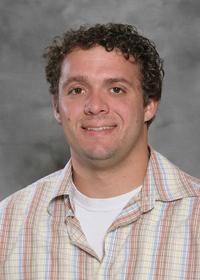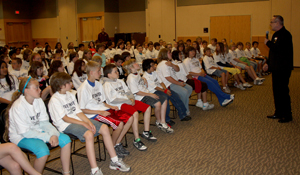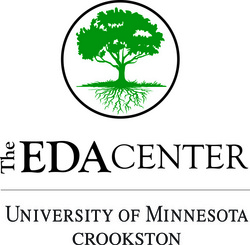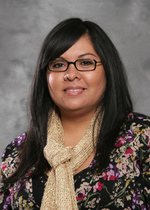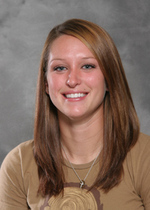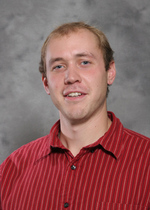Through the RSVP Handyman Program, trained volunteers will provide minor home repairs and safety modifications as well as providing safety assessments and educational material on falls and fire prevention in the home. The volunteers provide their labor free of charge, and the client pays for needed materials. The RSVP Groceries to Go Program will provide trained volunteers to shop for and deliver groceries for clients who are no longer able to shop on their own.
Deanna Patenaude, Director of RSVP "We are excited to bring these two programs to our area and hope that their success will garner interest in other communities in the seven county region."

With RSVP, you choose the amount of time you want to give. And you choose whether you want to draw on your skills or develop new ones. When you volunteer, you're not just helping others-you're helping yourself. Volunteering leads to new discoveries and new friends. Plus, studies show that volunteering helps you live longer and promote a positive outlook on life.
In addition, with RSVP you'll receive pre-service orientation, training from the organization where you serve, and supplemental insurance while on duty. If you are interested in making a difference in your community by volunteering, contact RSVP at 281-8288 or e-mail dpatenau@umn.edu.
This project is made possible in part, under the Federal Older American's Act through a grant with the Land of the Dancing Sky AAA under an Area Plan approved by the Minnesota Board on Aging. RSVP engages adults 55 and older in volunteer service to meet community needs, and to provide a high quality experience that will enrich the lives of volunteers.
RSVP connects volunteers age 55 and over with service opportunities in their communities that match their skills and availability. From building houses to immunizing children, from enhancing the capacity of non-profit organizations to improving and protecting the environment, RSVP volunteers put their unique talents to work to make a difference. To learn more about RSVP, visit www.umcrookston.edu/rsvp.
Today the University of Minnesota, Crookston delivers 29 bachelor's degree programs, 18 minors, and more than 40 concentrations, including several online degrees, in the areas of agriculture and natural resources; business; liberal arts and education; and math, science and technology. With an enrollment of about 1,400 undergraduates from more than 25 countries and 40 states, the Crookston campus offers a supportive, close-knit atmosphere that leads to a prestigious University of Minnesota degree. "Small Campus. Big Degree." To learn more, visit www.umcrookston.edu.
Contact: Deanna Patenaude, director, RSVP, 218-281-8288 (dpatenau@umn.edu); Elizabeth Tollefson, assistant director, communications, 218-281-8432 (ltollefs@umn.edu)



